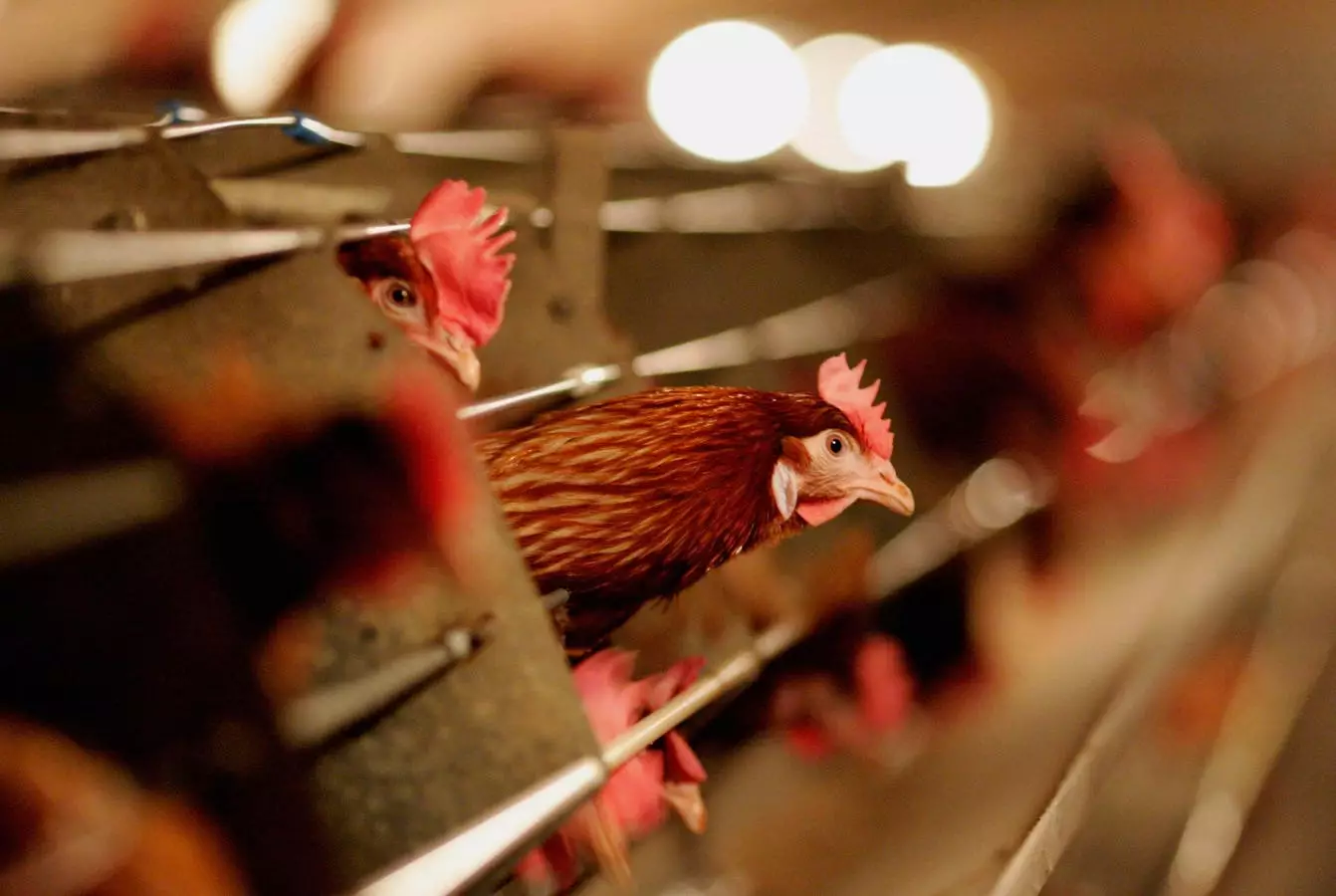The Covid-19 pandemic has left a profound imprint on our global health landscape, exposing significant vulnerabilities in various systems, particularly within food security and public health infrastructures. While it’s easy to fall into despair over the myriad of losses we’ve experienced, it is crucial to analyze the lessons learned from Covid-19 to better equip ourselves against future threats, especially the ongoing danger posed by avian flu. The world must act decisively to confront the potential catastrophe that could arise from the Highly Pathogenic Avian Influenza A (HPAI) H5N1, or we will find ourselves in a far graver predicament.
The Avian Flu Threat: A Silent Yet Deadly Intruder
Avian flu typically strikes birds, including domestic poultry, leading to enormous economic losses. The current outbreak has devastated farms and claimed the lives of nearly 150 million birds. Alarmingly, recent findings indicate that the virus is not restricted to avian species; it has been detected in mammals, such as dairy cows and even humans. This cross-species transmission raises significant concerns about the potential for the virus to adapt and spread among mammals, including humans.
Since the beginning of 2024 alone, reports have confirmed 102 cases of avian flu and 10 human fatalities globally. Among these, nearly 70 cases have surfaced within the United States, prompting international scrutiny and concern. Experts warn that if we remain complacent, we risk allowing a potential pandemic to take root, echoing the tragic trajectory of Covid-19 if we had not acted in time.
Choosing a Path of Preparedness
Despite the looming threat, the United States’ response to avian flu has been markedly inadequate. Dr. Amesh Adalja, with his expertise in global health, emphasizes that there are numerous tools available to mitigate this crisis, but they are not being harnessed effectively—a troubling reality based on deliberate choices made by policymakers. This is not merely an issue of readiness; it reflects a systemic failure to prioritize public health.
Currently, no confirmed cases of human-to-human transmission exist, and experts insist that the risk level remains low. However, this is precisely the moment when decisive action is critical. Prevention measures like vaccination, increased public health investment, and international collaboration must be prioritized. Yet recent developments in U.S. policy raise serious red flags about our commitment to these essential procedures.
Initially, Secretary of Agriculture Brooke Rollins announced a $100 million funding plan aimed at researching and developing vaccines against avian flu. However, this plan has since been derailed. In an unfortunate about-face, Rollins dismissed the possibility of vaccination during an interview, suggesting a dangerous pivot away from science-backed solutions.
Moreover, the Trump administration’s cancellation of a significant contract with Moderna to develop a human vaccine against HPAI reflects a troubling disregard for foresight and preparedness. This, compounded by Health Secretary Robert F. Kennedy Jr.’s dismissal of the CDC advisory committee charged with devising vaccine strategies, threatens to leave us vulnerable.
Vaccines: A Key to Prevention
The importance of vaccines cannot be overstated, especially in a world still grappling with the repercussions of Covid-19. Promising early trials for avian flu vaccines for cattle and conditional approval for poultry vaccines mark significant strides in scientific innovation. Meanwhile, countries like Finland have already begun human vaccinations against bird flu, showcasing effective preparedness strategies that the U.S. must consider urgently.
In stark contrast, alternative responses suggested by officials, which include allowing the virus to circulate among flocks to identify immune birds, are reckless. Veterinarian Dr. Gail Hansen has characterized such suggestions as lawless and scientifically unfounded. Straying from proven methods in favor of untested theories not only jeopardizes public health but also stands to exacerbate an already precarious situation.
International Collaboration Is Essential
Globally, efforts are underway to foster cooperative responses through initiatives led by the World Health Organization (WHO). The organization’s Global Influenza Surveillance and Response System is continuously monitoring avian flu outbreaks and has established an agreement amongst member states aimed at improving preparedness and response strategies for emerging pandemics. However, the U.S. decision to withdraw from WHO commitments significantly undermines our capacity for cooperation.
The Covid-19 pandemic was a sobering reminder that viruses transcend borders, and public health must take precedence over political discourse. With the specter of avian influenza lingering, it is our collective responsibility to raise the alarm and advocate for effective, science-driven policies that prioritize the health of our communities and the planet. Now more than ever, we must navigate the path toward a proactive and unified response, lest we pay the price for our inaction.

